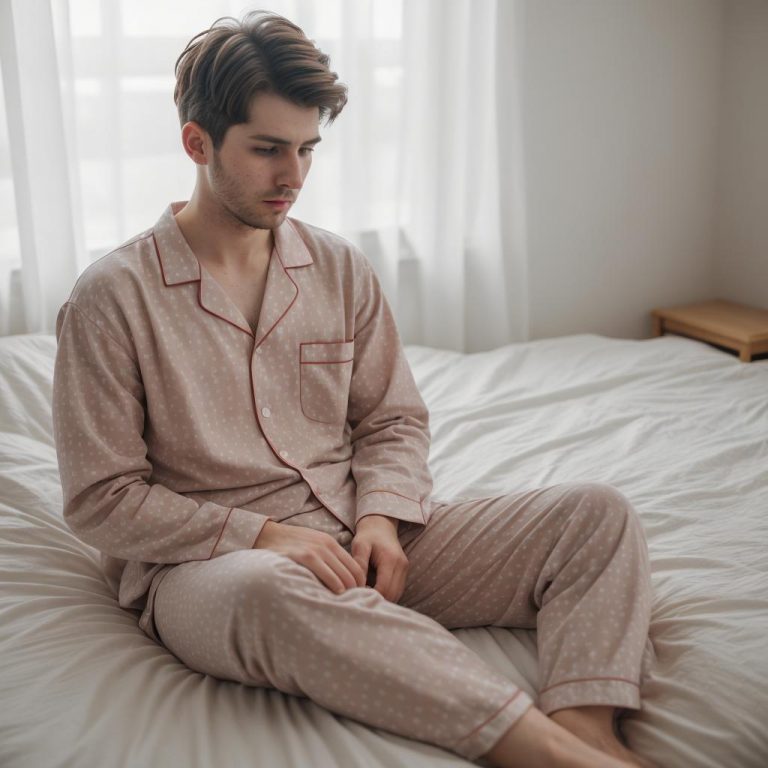
Colorado, renowned for its stunning landscapes and outdoor activities, also presents challenges for those prone to allergies.
The state’s diverse flora, varying altitudes, and climate conditions contribute to a range of allergens that can trigger allergic reactions in susceptible individuals.

Common allergens in colorado
Among the prevalent allergens in Colorado are pollen from trees such as juniper, cottonwood, and aspen, which can be particularly problematic during the spring and summer months. Additionally, grass pollen, notably from bluegrass and timothy, can exacerbate symptoms. Ragweed, a notorious allergen across much of the United States, also affects Colorado residents, especially in late summer and fall. Mold spores, prevalent in damp environments, can trigger allergies, particularly in areas with high humidity or moisture.
Symptoms of colorado allergy
Allergic reactions in Colorado can manifest in various ways, including:
– Nasal congestion
– Sneezing
– Runny or itchy nose
– Itchy, watery eyes
– Coughing
– Wheezing
– Shortness of breath
– Skin rashes or hives
Diagnosis and management
If you suspect you have allergies in Colorado, consulting an allergist is crucial for accurate diagnosis and management. Allergy testing, which may include skin prick tests or blood tests, can identify specific allergens triggering your symptoms. Once diagnosed, management strategies may involve:
– Avoiding allergens by staying indoors during peak pollen times or using air purifiers.
– Medications such as antihistamines, decongestants, nasal corticosteroids, or allergy shots (immunotherapy).
– Allergen immunotherapy, which involves gradually exposing the individual to increasing amounts of the allergen to build tolerance.
Prevention tips
While it’s challenging to completely avoid allergens, especially in a state like Colorado, several measures can help reduce exposure and minimize allergic reactions:
– Monitor pollen counts and plan outdoor activities accordingly.
– Keep windows closed during high pollen seasons.
– Shower and change clothes after spending time outdoors to remove pollen.
– Use high-efficiency particulate air (HEPA) filters in your home.
– Consider allergy-friendly landscaping, such as planting low-allergen trees and shrubs.
Living with allergies in Colorado requires awareness, management, and proactive measures to minimize symptoms and enjoy the state’s natural beauty to the fullest. By understanding common allergens, recognizing symptoms, seeking proper diagnosis, and implementing effective prevention and management strategies, individuals can better navigate Colorado’s allergy challenges and improve their quality of life.



